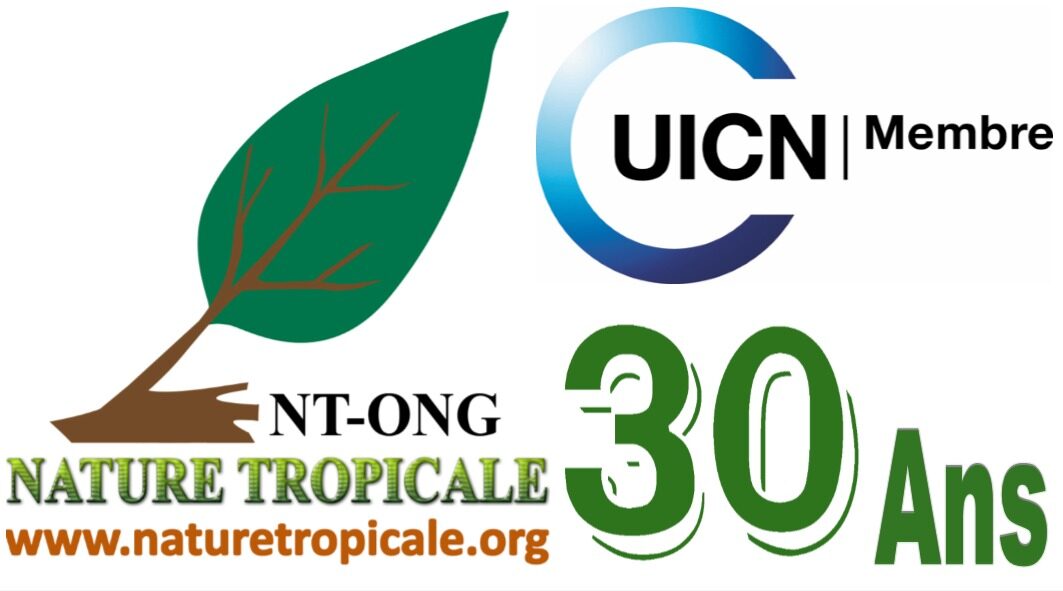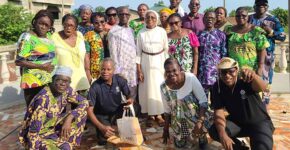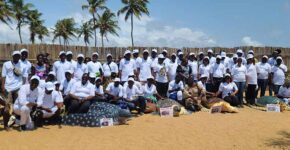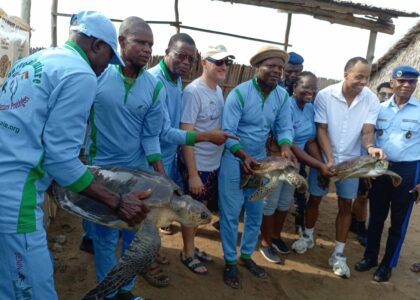[ad_1]
It will be the largest democratic exercise on the continent as Africa’s most populous nation picks a new president.
The crucial election comes as the country battles myriad economic and security problems that range from fuel and cash shortages to rising terror attacks, high inflation, and a plummeting local currency.
For the first time since the country’s return to democratic rule in 1999, none of the candidates is an incumbent or a former military leader.
Outgoing President Muhammadu Buhari is term-limited and will step down amid a patchy legacy that has brought “a lot of frustration and anger” to Nigerian voters, analysts say.
Who are the candidates?
Eighteen candidates are in the running for Nigeria’s highest office, each confident they can turn the country’s fortunes around if voted into power, but opinion polls suggest three are leading the race for the popular vote.
One of the key contenders is Bola Ahmed Tinubu, the candidate of Buhari’s party, the All Progressives Congress (APC). Another is the main opposition leader and former vice president Atiku Abubakar, of the People’s Democratic Party (PDP).
Nigeria’s presidential elections have typically been two-horse races between the ruling and opposition parties, but this year’s vote has a third strong contender, Peter Obi, who is running under the lesser known Labour Party.
Tinubu, 70, a former governor of Nigeria’s wealthy Lagos State, wields significant influence in the southwestern region where he is acclaimed as a political godfather and kingmaker.
One of Tinubu’s main challengers is the opposition party’s Abubakar, who is running for the sixth time following five previous losses.
Peter Obi is a two-time former governor of Anambra State who is being touted as a credible alternative to the two major candidates.
Obi is also the only Christian among the leading candidates. His southeastern region has yet to produce a president or vice president since Nigeria returned to civil rule in 1999.
However, his offshore accounts were among those found in the Pandora Papers, which exposed the hidden riches of the global elite in 2021. Obi denies any wrongdoing.
Will elections hold?
The past two elections have been postponed at short notice and there are fears this one will suffer the same fate. However the electoral commission insists there will be no disruptions.
Prof. Kingsley Moghalu, a political economist and former presidential candidate in the 2019 election told CNN he expected a high turnout, “except if suppressed by a security breakdown of any sort,” he told CNN.
Public policy analyst Abideen Olasupo told CNN the uncertainties surrounding this year’s elections have put off many voters.
“Nigerian voters are currently the most disturbed and confused voters in the world right now because they are not sure if the election will hold; and if it will hold, they are not sure if the process will not be manipulated,” Olasupo said.
Separatist gangs and marauding gunmen known locally as bandits have terrorized parts of the country through kidnappings for ransom.
Elsewhere, other impediments threaten voter turnout as some Nigerians are yet to collect their permanent voter’s card (PVC) with less than a week to the poll.
What are the issues?
The co-founder and head of intelligence at data company Stears, Michael Famoroti, tells CNN that critical issues around security and the economy will be top of mind for voters and could influence their electoral choices.
“Nigerians fall under two buckets: One is insecurity. However, overall, the main issue that Nigerians agree needs to be dealt with is the economy,” he said, with concerns ranging from poverty to unemployment and policy.
“The cash crunch, petrol scarcity … are issues that are likely going to be top of mind for those who make it to the polls and arguably could sway the votes,” Famoroti says.
Fuel shortages and scarcity of the newly redesigned local currency have stirred violent protests in parts of Nigeria as millions of people struggle to get their hands on new versions of bank notes.
Nigerians expect the eventual winner of the presidential poll to hit the ground running in finding solutions to those problems, including tackling the country’s burgeoning debt profile, oil theft, and a controversial petrol subsidy that deprives the country of major oil revenue.
Who is tipped to win?
“There was a scenario where we only considered voters who had picked up their PVC … based on that scenario, the Labour Party candidate is the most likely winner,” Famoroti told CNN.
“However, we then also estimated a low turnout scenario. The idea is that these are the harder than hardcore voters and those that most likely will turn up to vote on the day. Under that scenario, the APC candidate … emerges victorious,” he added.
Obi’s Labour Party is projected to occupy third place with 27% of the votes.
“This election is extremely difficult to predict,” Moghalu, the political economist, told CNN.
“That’s because of the ‘Third Force’ factor of Labor Party candidate Peter Obi, which has scrambled the projections of the two traditionally dominant parties, APC and PDP.
“While many still believe one of the two will come out on top ultimately, the fact that several scientific opinion polls have put Obi in the lead means that the possibility of an upset clearly exists,” says Moghalu.
Moghalu believes Nigerians may vote largely along ethnic and religious lines, as well as traditional party lines.
“The only major factor that is an ‘issue’, and will influence many votes, is the hunger for a change in direction which millions of young and middle-aged voters have, and for that reason support Obi. Will that be enough to propel him to victory? That’s the X-factor.”
[ad_2]
Source link











